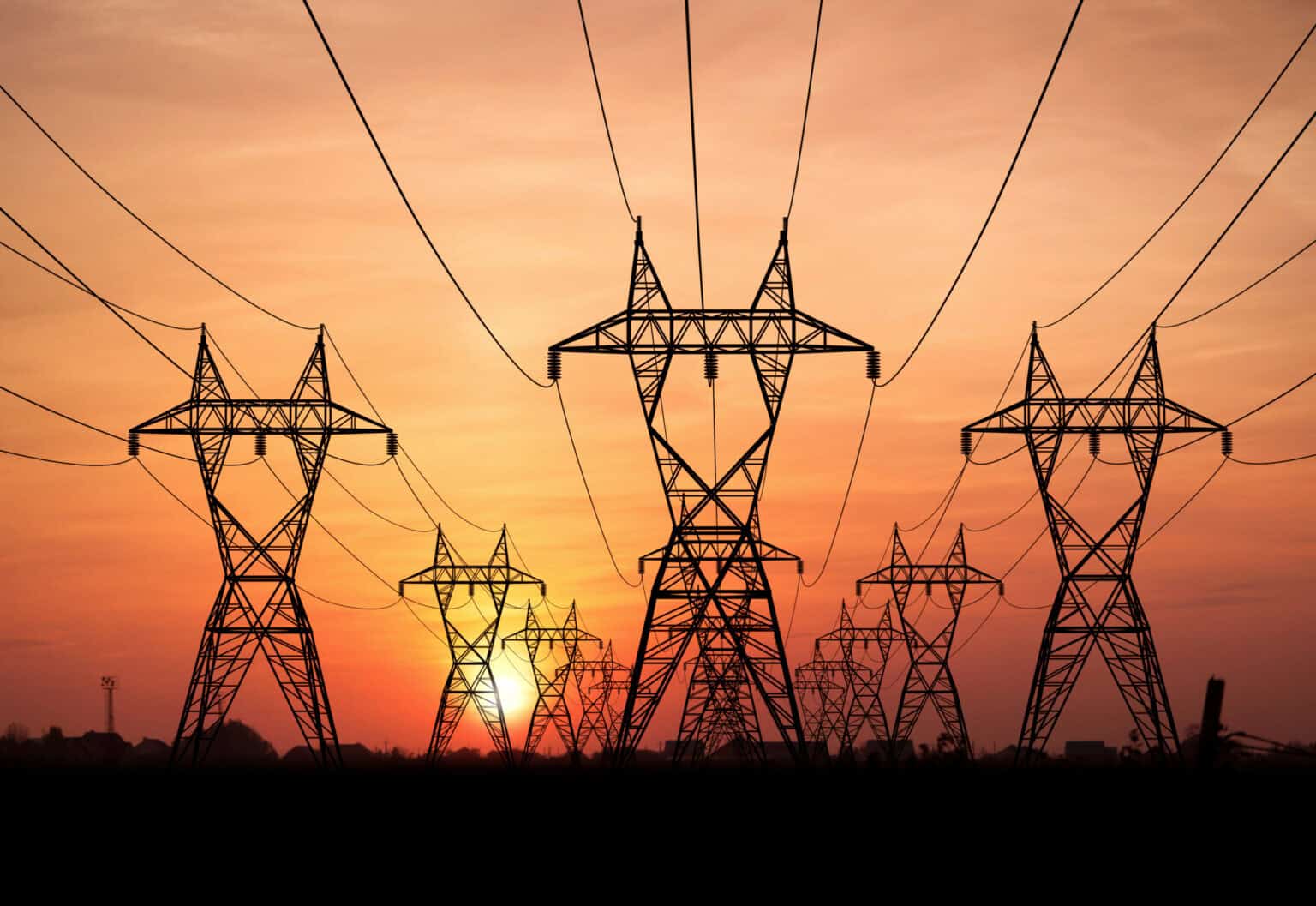The outcome was underpinned by electricity tariff increases and lower primary energy costs.

Eskom has reported its first full-year profit in eight years, despite grappling with ballooning debts owed by several cities and municipalities across the country.
The parastatal presented its annual financial results for the financial year 2025 (FY2025) on Tuesday.
Profit
Eskom recorded a pretax profit of R23.9 billion for the year ended March 2025, which is a sharp turnaround from the R25.5 billion loss in 2024.
The state-owned entity, which marked its first return to profitability since 2017, follows the government’s R254 billion debt relief package allocated to Eskom over three years, with the current financial year, 2025, being the final one.
The outcome was underpinned by electricity tariff increases and lower primary energy costs.
Relief
Eskom CFO Calib Cassim expressed relief at the results.
“Following years of constrained performance, we are beginning to see the tangible benefits of our recovery strategies, with marked improvements across key financial metrics driven by the operational turnaround.”
Eskom chair Mteto Nyati said Eskom was transforming into a “sustainable, investable company ready to compete in a liberalised, competitive energy market” and is very different from the crisis in October 2022 which the current Eskom board inherited when it took office.
“The board has remained utterly focused on using public money efficiently and early interventions in governance and controls have delivered early measurable improvements in the fight against crime, fraud and corruption.”
ALSO READ: Kusile Unit 6 back in commercial operation. This is how long it took
Reinvestment of profits
Eskom CEO Dan Marokane said the utility will be reinvesting profits back into national assets.
“Over the next five years, with continued rigorous focus, we will invest more than R320 billion in sustaining and expanding our infrastructure for the long-term benefit of the nation.”
Municipal debt
Municipal debt, however, remains a persistent issue. Municipal arrear debt stood at R94.6 billion as of 31 March 2025 – a 27% increase from the previous year (2024: R74.4 billion).
Eskom said that despite the implementation of the National Treasury’s municipal debt relief programme, the debt growth has not slowed.
“Most participating municipalities are failing to meet the basic requirement of paying their current accounts on time and in full. This situation poses a serious risk to the viability of Eskom’s standalone Distribution company and threatens progress in the broader legal separation process.
“Eskom continues to engage with the government to explore alternative interventions, including prepaid supply models as well as Eskom’s proactive intervention of implementing distribution agency agreements to capacitate municipalities and improve both revenue collection and service delivery,” the utility said.
Audit findings
Eskom said that approximately 90% of external audit findings raised since FY2021 have been addressed, pending audit verification.
However, Eskom received a qualified external audit opinion for FY2025 due to “incomplete or inaccurately maintained records” in terms of the Public Finance Management Act (PFMA).
“These records did not comply with legislative requirements relating to irregular expenditure and losses due to criminal conduct. Issues raised in the prior year’s audit qualification were not adequately addressed and continued into 2025. Several internal control deficiencies were also highlighted.
“Furthermore, there is material uncertainty regarding Eskom’s going concern status, driven by dependence on government support, uncertainties related to operational assumptions and regulated revenue by Nersa, as well as growing municipal arrear debt and energy losses,” Eskom said.
Eskom said that to accelerate progress in strengthening its control environment and achieving the standards required for an unqualified audit opinion, the executive committee launched a three-year audit recovery programme following the conclusion of the FY2024 audit in December 2024.
Tariff path
Cassim said that as Eskom stabilises, the migration towards a more appropriate tariff path that balances customer affordability with Eskom’s financial sustainability is a key priority to ensure the sustainability of the industry.
“We require predictability to foster investment in South Africa. With the support of the minister of electricity and energy, we will continue to engage with Nersa and other stakeholders on establishing a predictable long-term tariff outlook.
“Eskom is also supporting the restructuring of the electricity supply industry into a rules-based competitive market where players can compete fairly,” Cassim said.
ALSO READ: Koeberg Nuclear Power Station unit 1 ready to bolster power grid






